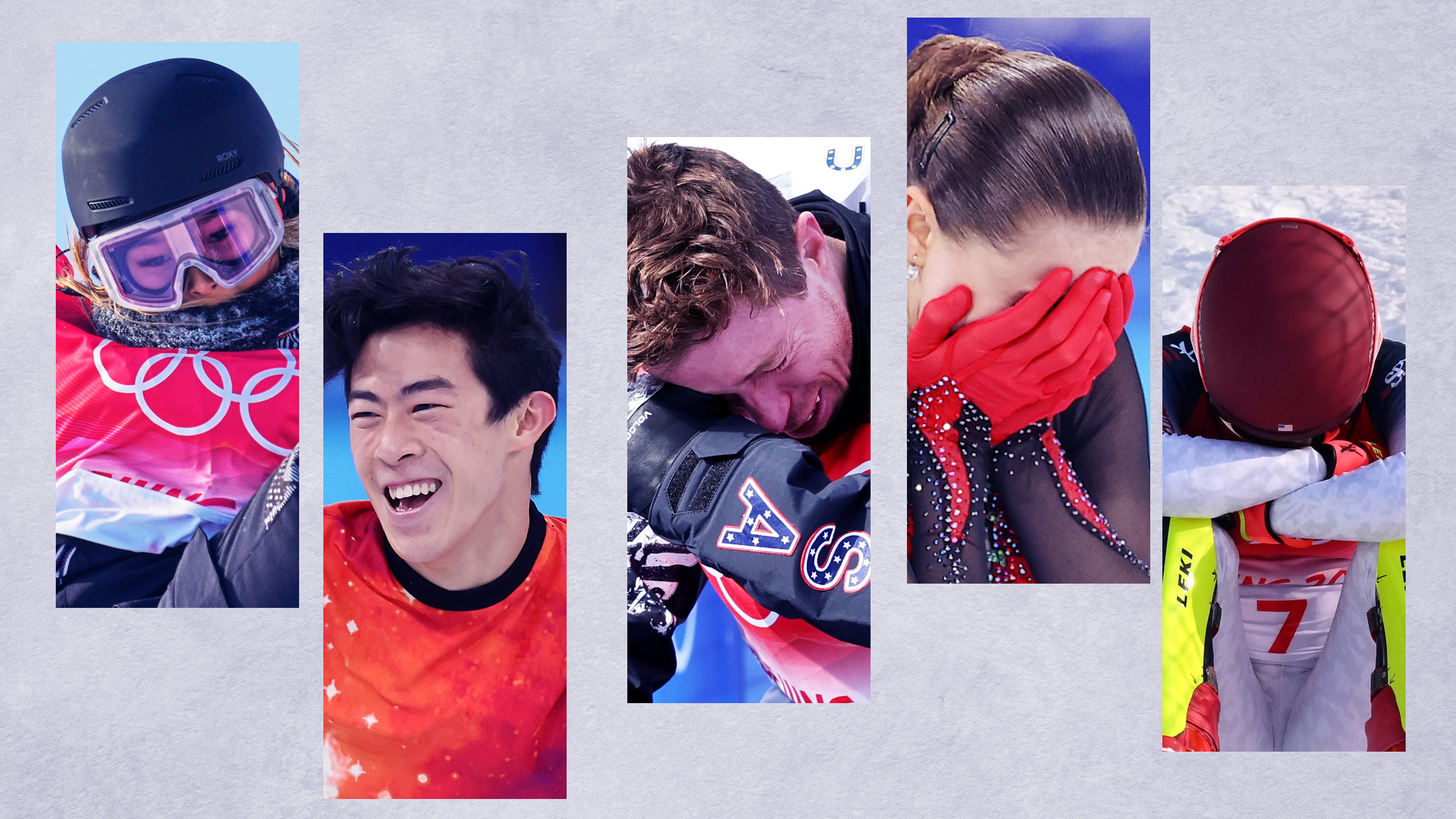
With the 2022 Winter Olympics swiftly approaching, many are wondering what will be the precautions for vaccinated and unvaccinated Olympians. For Beijing, the rules are much stricter than those used at the Summer Games in Tokyo last year.
For all unvaccinated Olympic athletes, team staff and journalists who arrive at the 2022 Winter Games in February, the International Olympic committee will require a three-week “hard quarantine” period.
In order to avoid that requirement, anyone visiting China for the Olympics will need to be vaccinated at least 14 days before arrival, according to the “playbooks” that the International Olympic committee released.
“We want everyone at the Games to be safe, that’s why we’re asking all participants to follow these guidelines,” Christophe Dubi, IOC's Olympic games executive director, said in the release.
Get Connecticut local news, weather forecasts and entertainment stories to your inbox. Sign up for NBC Connecticut newsletters.
“Keeping everyone healthy will ensure the focus remains on the very fundamentals of the Olympic and Paralympic Games – the athletes and the sport.”
The vaccine mandate can be waived “on a case-by-case basis, based on medical reasons,” organizers said. The policy does not mention religious beliefs or other conditions that frequently allow for exceptions to vaccine rules in the U.S.
This stringent policy is even more important considering the “hard quarantine” period is longer than the Games themselves, meaning vaccinations or an earlier arrival date will be required to participate in or cover the games in its entirety.
Beijing 2022 Winter Olympics
Watch all the action from the Beijing Olympics live on NBC
While vaccinated athletes, staff members and journalists won't have to quarantine, they will only be allowed to move between permitted destinations “to keep Games participants and the people of China safe through reducing unnecessary interactions,” the IOC said.
Daily PCR tests will be required for all regardless of one's vaccination status.
With cases continuing to rise around the world, restrictions may be the only way to safely hold the Games during a pandemic.
During the Tokyo Olympics, athletes were required to be tested multiple times as they traveled to Japan but were then required to quarantine for only three days. Athletes also underwent daily testing in Tokyo.
Unlike most events at the Tokyo Olympics, spectators will be allowed to attend events at the 2022 Winter Olympics in person, but only if they're from mainland China.
The Winter Olympics' Opening Ceremony will take place on Feb. 4 and the Closing Ceremony will take place on Feb. 20.




